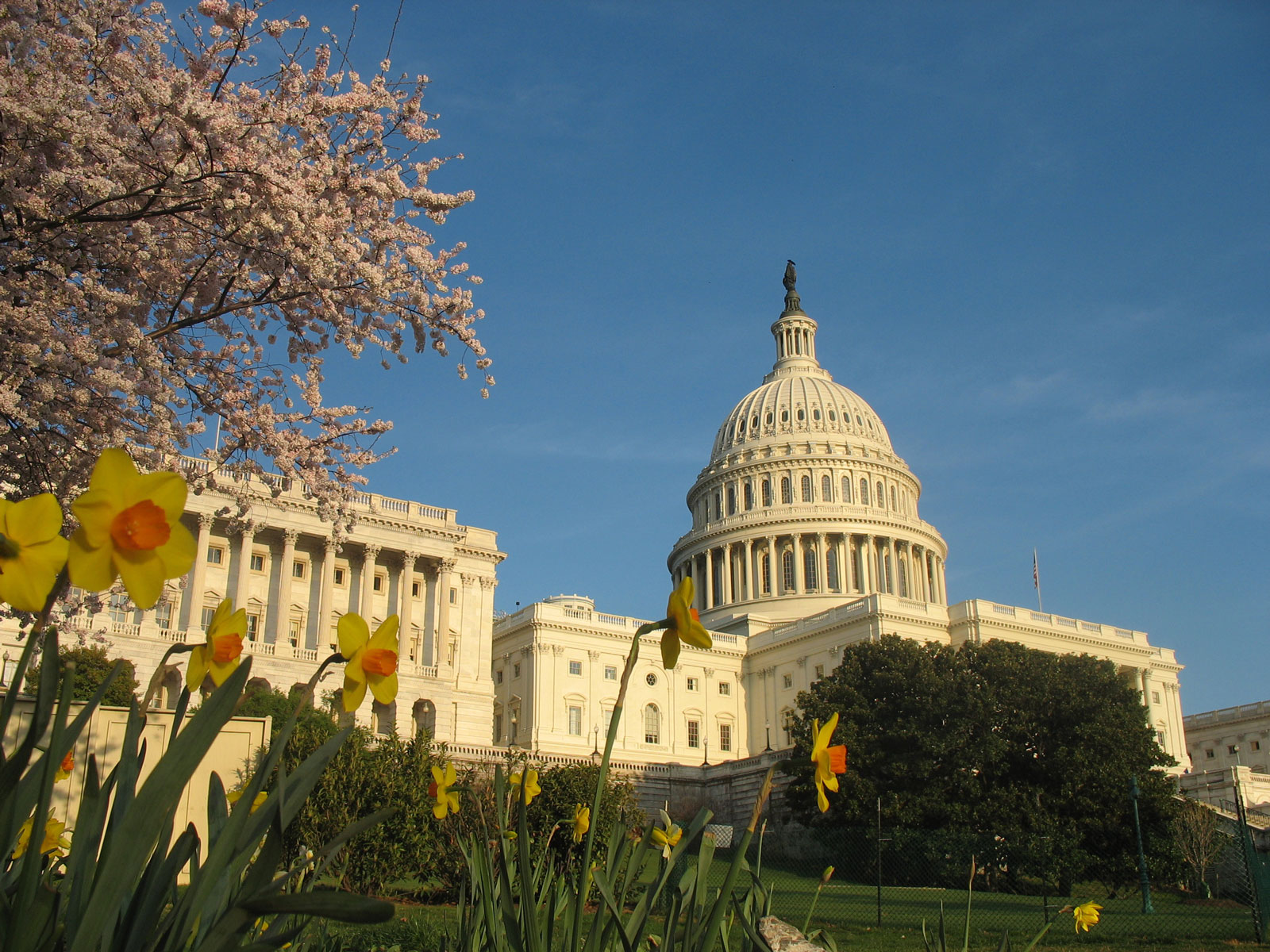by Mark Lipson, Senior Associate
Finally, there is movement in Washington on the federal Farm Bill. The Agriculture Committee Chairs have released outlines of their bills and these will be the basis for Committee mark-ups. This only marginally increases the odds of a final bill being completed this year, but still a big step forward.
In the Senate, Sen. Debbie Stabenow (D-MI) issued a 94-page “Framework” document with abbreviated descriptions for over 700 distinct policy items. 22 items specifically mention organic agriculture. An annotated digest of the organic provisions is available here. Some of these are landmark items in the long-haul of organic policy history. Organic-centered “marker bills” that have been put forward in the last year have their footprint in the Framework but not exactly what was being requested. There is still work to be done regarding the specifics (especially $$$).
Senator Stabenow remains the reigning champion in Congress for organic foods and farming. Her impending retirement at the end of this Congressional Session will leave a large legacy and a striking vacuum of top-tier organic support.
In the House, Chairman G.T. Thompson (R-PA) issued only a 5-page “high-level summary” that pointed to some decisive policy choices but few actual details. The document does mention organic programs but indicates only the continued existence of authority for funding the National Organic Program, the Organic Data Initiative, and Certification Cost-Share.
While Stabenow stands a decent chance of getting a compromise bill out of her Committee and onto the Senate floor, the political situation in the House (mainly Republican factional chaos) makes a final bill highly uncertain.
Organic Week Messaging
The new outlines have sharpened the focus for the upcoming Organic Policy Week in Washington, DC. On the Senate side, strong support for Stabenow’s framework should be the overall top-line message. Various nuances can still be articulated but need to be posed as “friendly improvements”.
In the House, effort will be needed to elevate the organic agenda with a top-line message of making progress instead of just maintaining the status quo (let alone going backwards).
Some specific highlights for messaging:
- Cap for certification cost-share should rise to $1,500 (not just proposed $1,000).
- Organic Research and Extension should see an increase in funding (instead of status quo).
- Organic Market and Development Grants should have some mandatory funding (in addition to authority for annual appropriations).
New Effort for Provision to Require Testing of Organic Imports
One other potentially significant development in the organic-farm bill sphere is a proposal to require residue testing of imported organic goods for fraud enforcement. This language is being urged by midwestern organic grain producers and under discussion by various organic groups. No language has yet been officially introduced but something may still try to get on the legislative train this summer.

